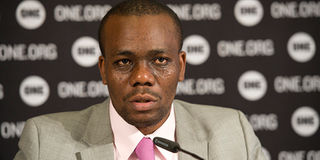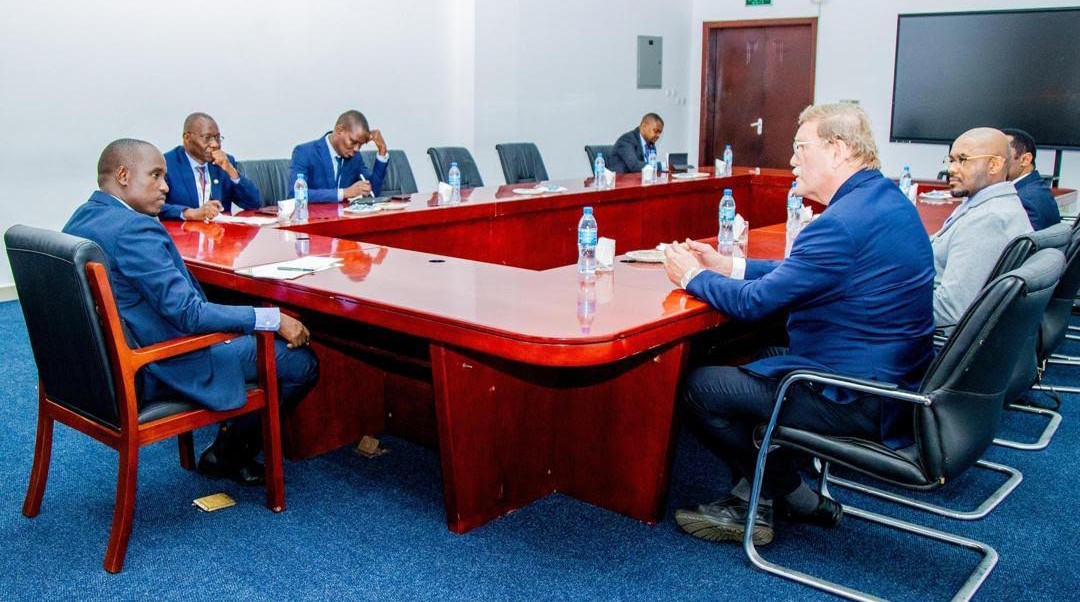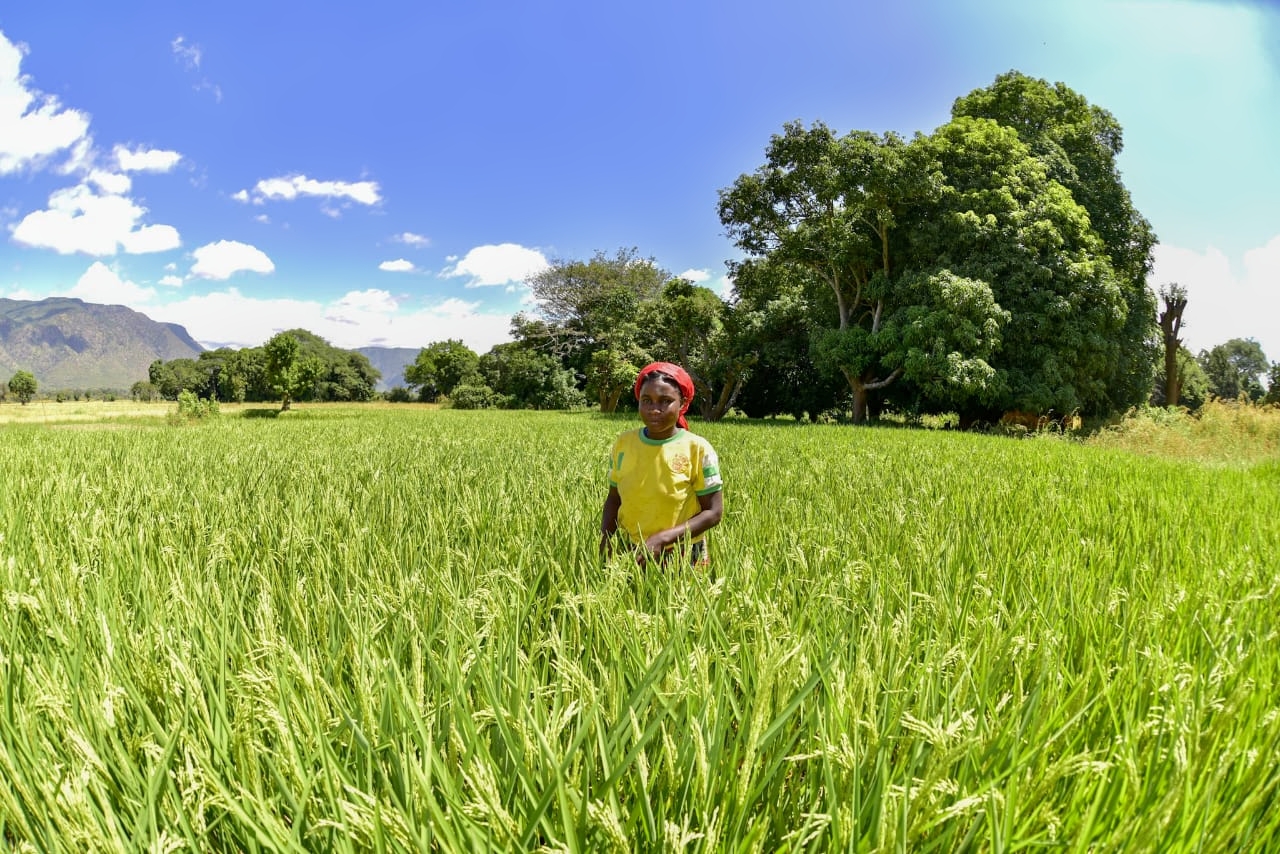Nnauye, Zitto differ on proposed media Bill

What you need to know:
Mr Zitto Kabwe (Kigoma Urban – ACT-Wazalendo) and Mr Nape Nnauye, who also serves as minister for Information, Culture, Artists and Sports, differed over the Bill. While Mr Kabwe described the Bill as curtaining press freedom, Mr Nnauye stressed that for the first time the government would be able to make journalism a true profession.
Dar es Salaam. Two young politicians yesterday engaged one another in an online fierce debate on the Media Services Bill, 2016, which the government tabled in Parliament and has invited stakeholders to read it and give their views with a view to improving it.
Mr Zitto Kabwe (Kigoma Urban – ACT-Wazalendo) and Mr Nape Nnauye, who also serves as minister for Information, Culture, Artists and Sports, differed over the Bill. While Mr Kabwe described the Bill as curtaining press freedom, Mr Nnauye stressed that for the first time the government would be able to make journalism a true profession.
It was Mr Kabwe, who started commenting on the Bill on Thursday that it was disastrous for it did not differ much from the Newspapers Act, 1976, which it intended to repeal.
He noted, for instance, that in addition to controlling the mainstream media, the Bill would give the minister responsible for information powers to control social media platforms, which was unfortunate. “The law will also give pow ers to the government to confiscate newspapers and property of media houses and the printing press should it consider that a certain publication was seditious,” noted Mr Kabwe in his comments.
He said it was ridiculous that after about 20 years of demand for a media-friendly law the government came up with a Bill, which intended to control more media outlets in the country. But in his strong worded response, Mr Nnauye ridiculed his fellow MP, noting that Mr Kabwe was misleading members of the public. He said it was doubtful it Mr Kabwe had read the Bill or if he read it he might have misundertood it.
He insisted that there was no section in the Bill through which the government intended to control the mainstream media and social media platforms.
He also insisted that the contents of the Bill were a result of inputs from various stakeholders involved during the drafting process of the Bill. He said as the law required after tabling the Bill in Parliament stakeholders were invited to read it and give their views to improve it.
He said contrary to what Mr Kabwe was claiming, the Bill gave people more freedom to criticise the performance of the government.




